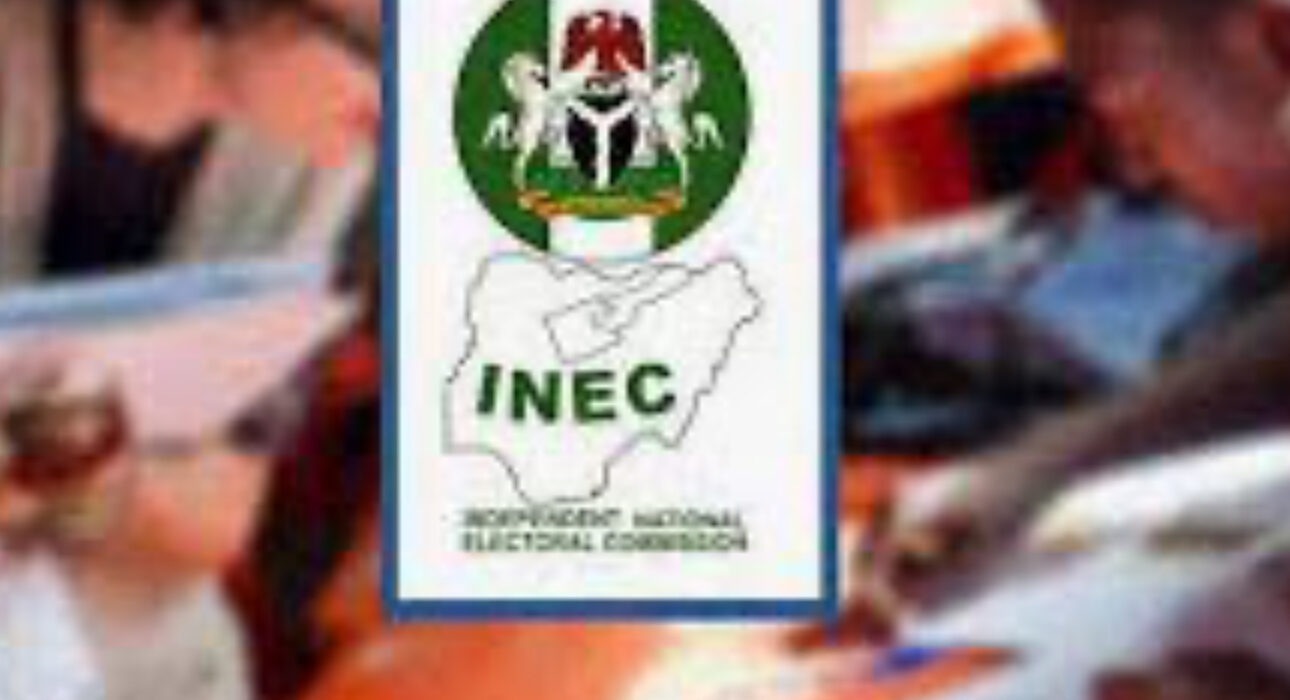INEC Delineation Exercise Exhumes Differences Between Ijaw and Itsekiri

The humid air of Warri crackled with tension, thick and heavy like the oil that flowed beneath the delta’s rich earth. Chief Oritsegbemi, a man whose voice echoed the authority of generations of Itsekiri leaders, stood before a gathering of his people, his brow furrowed, his eyes blazing with righteous anger. The ornate coral beads around his neck, symbols of his lineage, seemed to vibrate with his indignation.
“They dance to the Ijaw script!” he declared, his voice booming across the gathering. “The Independent National Electoral Commission, those who are meant to be impartial arbiters, have betrayed us. They have redrawn our boundaries, stolen our ancestral lands, and handed them to our neighbors, the Ijaw!”
A murmur, a low growl, rippled through the crowd. This was not a mere political squabble. This was about identity, about heritage, about survival. The Itsekiri, a proud people with a rich history, felt their very existence threatened.
Chief Oritsegbemi unfurled a map, its lines and demarcations stark against the faded paper. He pointed to specific wards, areas where Itsekiri communities had lived for centuries, now reclassified, their people relegated to minority status within newly drawn Ijaw-majority districts.
“Look!” he exclaimed, his voice laced with bitterness. “They have carved our territories like a butcher carves meat. They have ignored the historical realities, the traditional boundaries, the very fabric of our existence. This is not just happening here, my people. From Ondo to Cross River, the same insidious plot is being enacted.”
His words painted a picture of a coordinated effort, a grand scheme to systematically erode Itsekiri influence and expand Ijaw territory. He spoke of manipulated census figures, of gerrymandered electoral wards, of deliberate disenfranchisement. The accusations were explosive, casting a dark shadow over the integrity of the upcoming elections.
The Chief’s words resonated deeply with the gathered Itsekiri. They had long harbored suspicions about the changing political landscape, the subtle shifts in power that seemed to favor their Ijaw neighbors. The two ethnic groups, though sharing the same delta region, had a complex history, marked by periods of cooperation and conflict.
The Ijaw, a larger group, had been asserting their political dominance in recent years, their voices amplified by their sheer numbers. The Itsekiri, though possessing a strong cultural identity and historical significance, felt increasingly marginalized.
The accusations of gerrymandering ignited a firestorm of protest. Itsekiri youth took to the streets, chanting slogans and demanding justice. Elders convened emergency meetings, seeking legal recourse and appealing to traditional rulers. The air crackled with the threat of violence.
INEC, caught in the crossfire, issued a statement denying the allegations. They insisted that the ward delineation exercise was conducted fairly and transparently, based on established criteria and demographic data. They accused Chief Oritsegbemi of spreading misinformation and inciting ethnic tensions.
But the Itsekiri were not convinced. They saw the redrawn boundaries as a deliberate act of aggression, a betrayal of trust. They feared that the upcoming elections would be rigged, their voices silenced, their future compromised.
The situation escalated. News reports carried images of angry protests, of barricaded roads, of armed security personnel deployed to quell the unrest. International observers expressed concern about the potential for violence, urging all parties to exercise restraint and seek peaceful solutions.
The accusations of gerrymandering exposed deep-seated ethnic tensions, revealing the fragile balance of power in the Niger Delta. The region, already plagued by environmental degradation and resource conflicts, now faced the specter of electoral violence.
The outcome remained uncertain. Would INEC address the Itsekiri grievances? Would the elections proceed peacefully? Or would the region descend into chaos, fueled by suspicion and resentment? The fate of the delta, and the future of its people, hung precariously in the balance, a testament to the enduring power of historical grievances and the delicate art of political boundaries.









